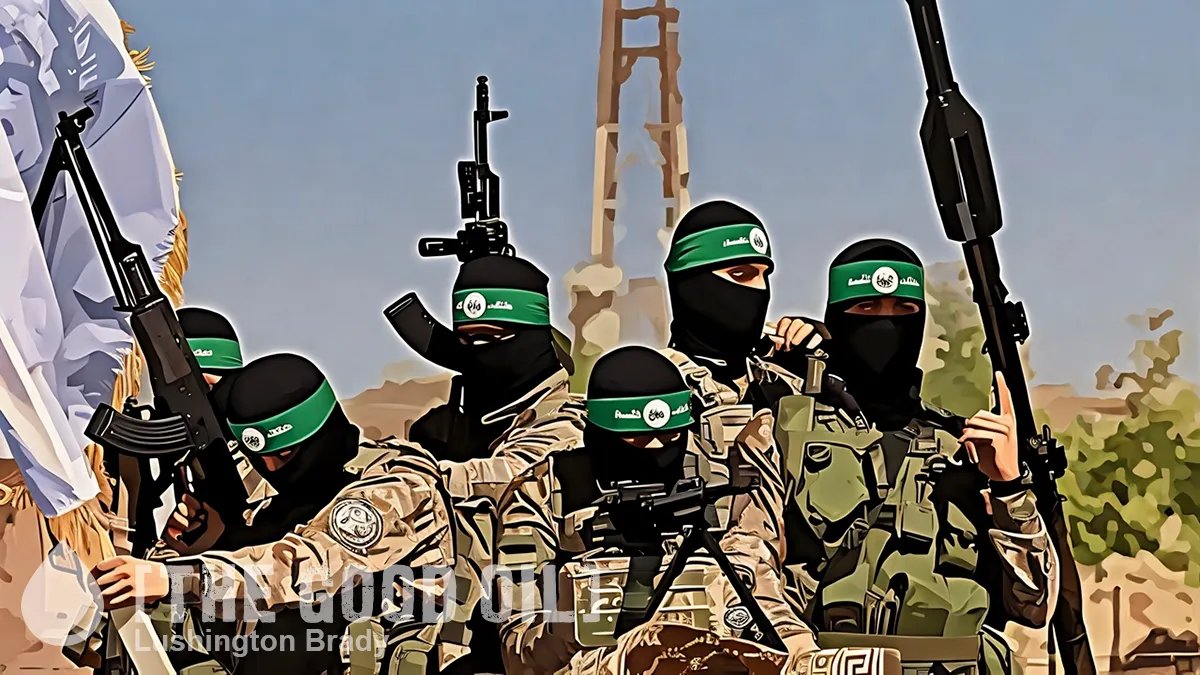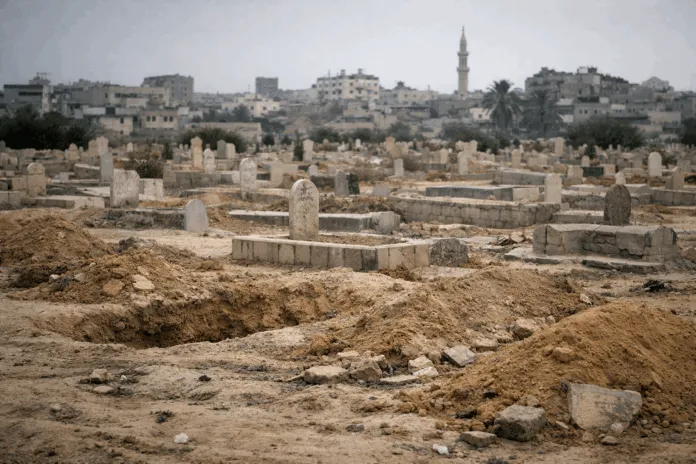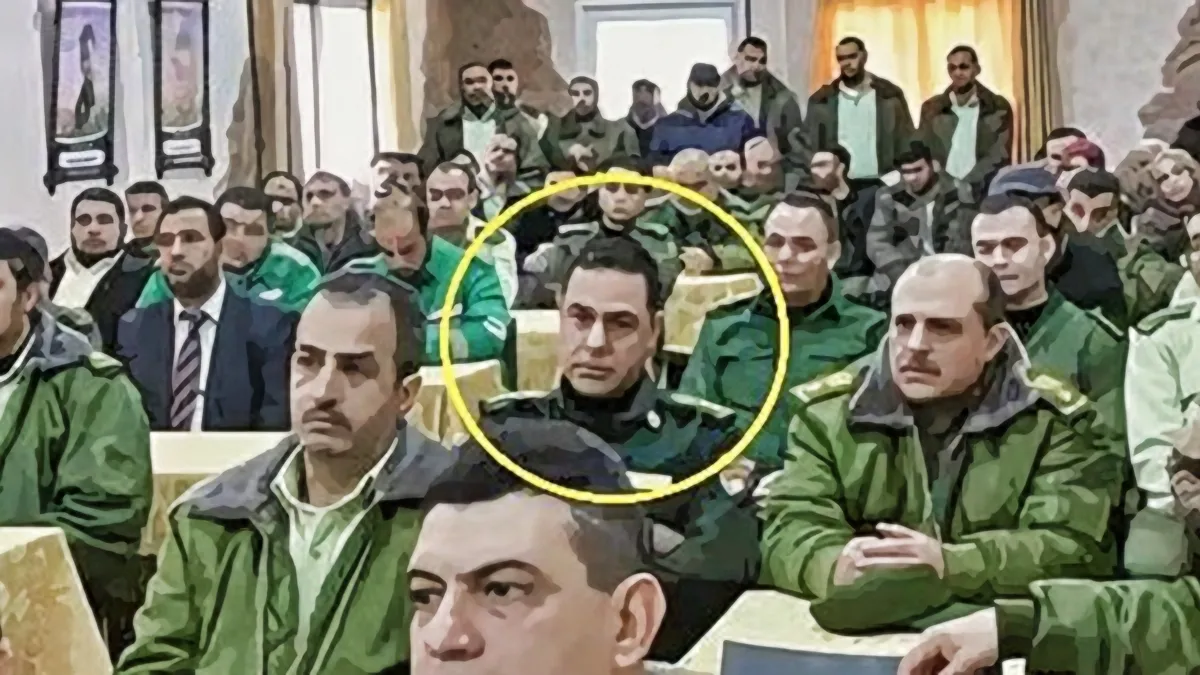Table of Contents
BICOM
BICOM provides accurate, timely and balanced information that is read by officials, experts, journalists and many others.
What happened: Saturday night, Iran launched an attack on Israel consisting of more than 300 missiles and offensive UAVs.
- The launches came in large part from Iran but also from Lebanon, Syria, Iraq, and Yemen.
- Israeli officials briefed that the assault included 110 ballistic missiles, more than 30 cruise missiles and nearly 200 UAVs.
- Israel’s missile defence systems and UK, US, and Jordanian interceptions neutralised 99 percent of the projectiles. French operational support has also been confirmed.
- Targets are thought to have included the Nevatim and Hatzerim airbases and the IDF’s early warning stations and intelligence bases in the West Bank and the Golan Heights. Netavim sustained light damage but remains fully operational.
- IDF spokesperson Hagari detailed that: “Out of the roughly 170 unmanned aerial vehicles that Iran fired, none penetrated Israel’s airspace. Dozens were intercepted by IAF combat planes, our air-defence system and our partners’ air-defence systems and planes. Out of more than 30 cruise missiles that Iran fired, none penetrated Israel’s territory. Twenty-five of them were intercepted by IAF combat planes outside the state’s borders. Out of more than 120 ballistic missiles, a small number of missiles penetrated the State of Israel’s territory, and the others were intercepted.”
- A few missiles landed in Israeli territory. The only casualty reported so far is a seven-year-old Bedouin girl, who sustained serious injuries from shrapnel from a defensive missile.
- As of this morning, Home Front Command confirmed to Israelis that the need to stay near shelters had passed. Ben Gurion Airport, which cancelled all flights at around 12.30am local time, resumed schedules at 7.30am.
- Israeli Defence Minister Gallant wrote on X (formerly Twitter) in English this morning: “Overnight, the world saw the true face of Iran—a terrorist state that attacked Israel with hundreds of missiles and UAVs. The world also saw the power of the IDF and the power of a coalition—Israel, the US and partners, thwarted this attack in a way that is unparalleled. The IDF operated in an extraordinary manner overnight, and will continue to be prepared for every scenario. The campaign is not over yet and we are alert and strong.”
- In his first public comments after the attacks, Prime Minister Netanyahu posted a simple message: “We intercepted. We blocked. Together we will win.”
- President Biden’s office released a statement saying “Israel demonstrated a remarkable capacity to defend against and defeat even unprecedented attacks – sending a clear message to its foes that they cannot effectively threaten the security of Israel.”
- Prime Minister Sunak condemned the Iranian acts of aggression, saying they “risk inflaming tensions and destabilising the region. Iran has once again demonstrated that it is intent on sowing chaos in its own backyard.”
Context: Last night is first time ever that Iran has attacked Israel direct from its own soil. The volume of the projectiles deployed indicate that Iran’s intent was to overwhelm Israel’s missile defence systems and to degrade Israel’s defensive capabilities.
- The Iranian attacks also represent the first attack on Israel by a sovereign state since Saddam Hussein’s Iraq launched scud missiles during the first Gulf War in 1991.
- With some of the offensive weapons being launched from as far as 1,600 km away, the impressive range of Iran’s arsenal, which it began stockpiling from the early 1990s, has been demonstrated.
- On the other hand, the successful interception of 99 per cent of the launches by both Israel and international partners is testament to the sophistication of the Iron Dome and David’s Sling missile defence systems, and the solidity of Israel’s international alliances, despite recent tensions.
- As Hagari noted, “the Iranian threat met the aerial and technological superiority of the IDF, combined with a strong fighting coalition…”
- Some commentators are attributing the scale of the attacks – lesser than had been feared and seemingly directed at military and not civilian targets – to successful US mediation with Iran over the last two days.
- The successful combined Israeli and US coalition response follows days of close coordination between Israel and its Western allies. US CENTCOM Commander General Michael Kurilla visited Israel this week once an Iranian attack seemed inevitable.
- The robust response from allies is indicative of the strength of Israel’s western alliance, and that the US commitment to Israel’s security remains, in Biden’s words, “ironclad”, despite recent tensions over the conduct of Israel’s war in Gaza.
- The UK confirmed that the RAF will continue to “intercept any airborne attacks within range of our existing missions, as required.”
- “In response to increased Iranian threats and the growing risk of escalation in the Middle East, the UK Government has been working with partners across the region to encourage de-escalation and prevent further attacks,” the UK statement added.
- The supportive response of Jordan – a former enemy with whom Israel has been at peace since 1994 – is also striking, with Amman having been highly critical of the war in Gaza.
Looking ahead: The Israeli security cabinet last night voted to empower Netanyahu, Gallant, and Minister Benny Gantz and determine the nature of Israel’s response to the attacks. Israeli officials last night promised a “a significant, powerful response”, one it will be expected to coordinate with the US.
- Commentators in Israel are speculating whether the Israeli response will or should be proportionate to the Iranian attacks’ intent or their impact.
- President Biden told Netanyahu last night that the US would not participate in any offensive response to Iran.
- The UN Security Council is set to meet tonight to discuss the attacks. Israel is demanding that it issue an unequivocal condemnation of the Iranian assault, and that it designates the IRGC a terrorist organisation.
Challenging the Iranian Presence in the North
In light of the targeted strike on Iranian Gen. Mohammed Reza Zahedi, this paper gives the latest assessment on the confrontation between Israel and Iran and its proxies.
Download BICOM’s briefing here.
The Iranian threat looms over Israel – but a full-scale war does not suit its agenda
BICOM Director Richard Pater’s article in The Jewish Chronicle
Read here









